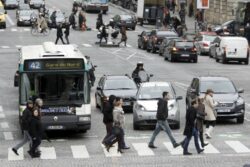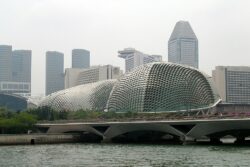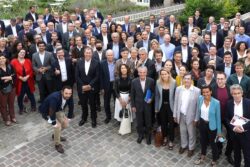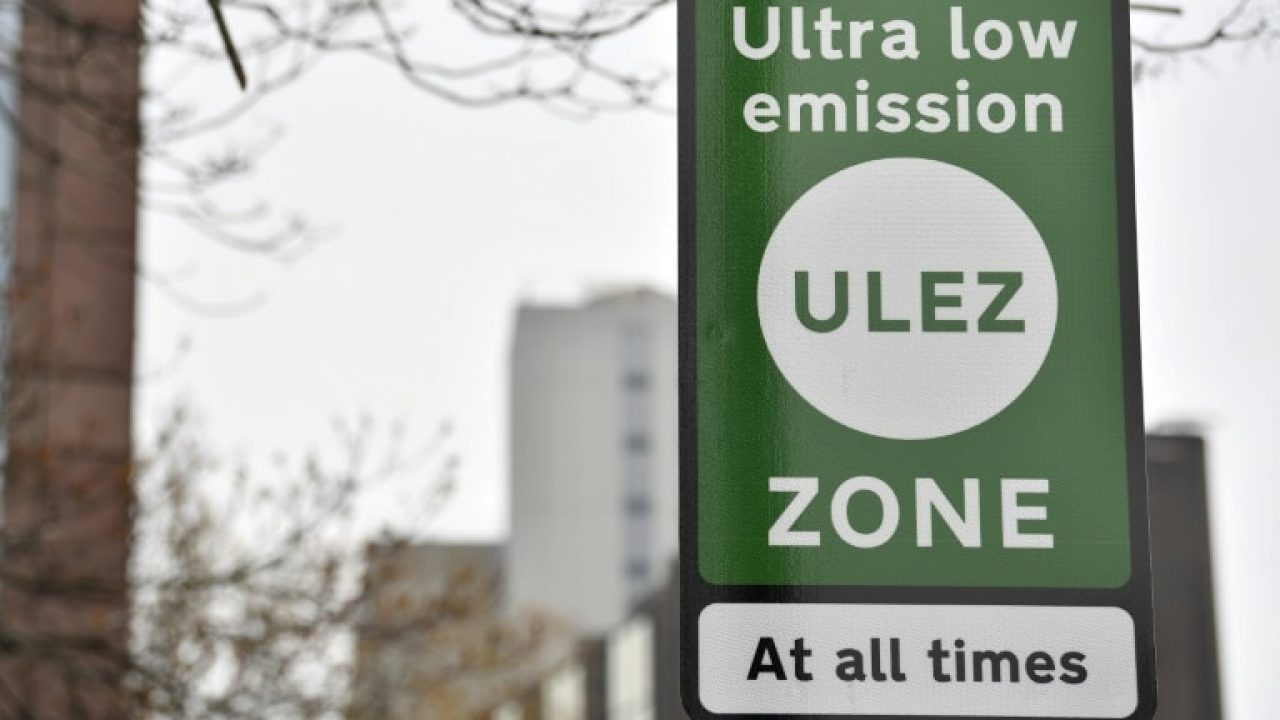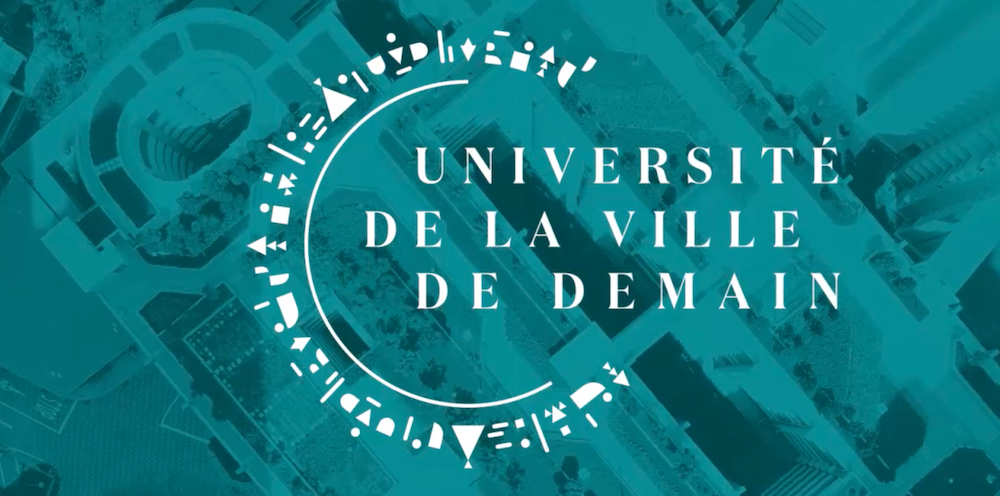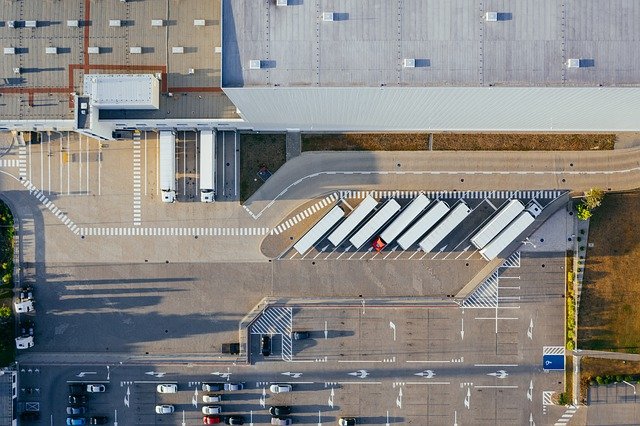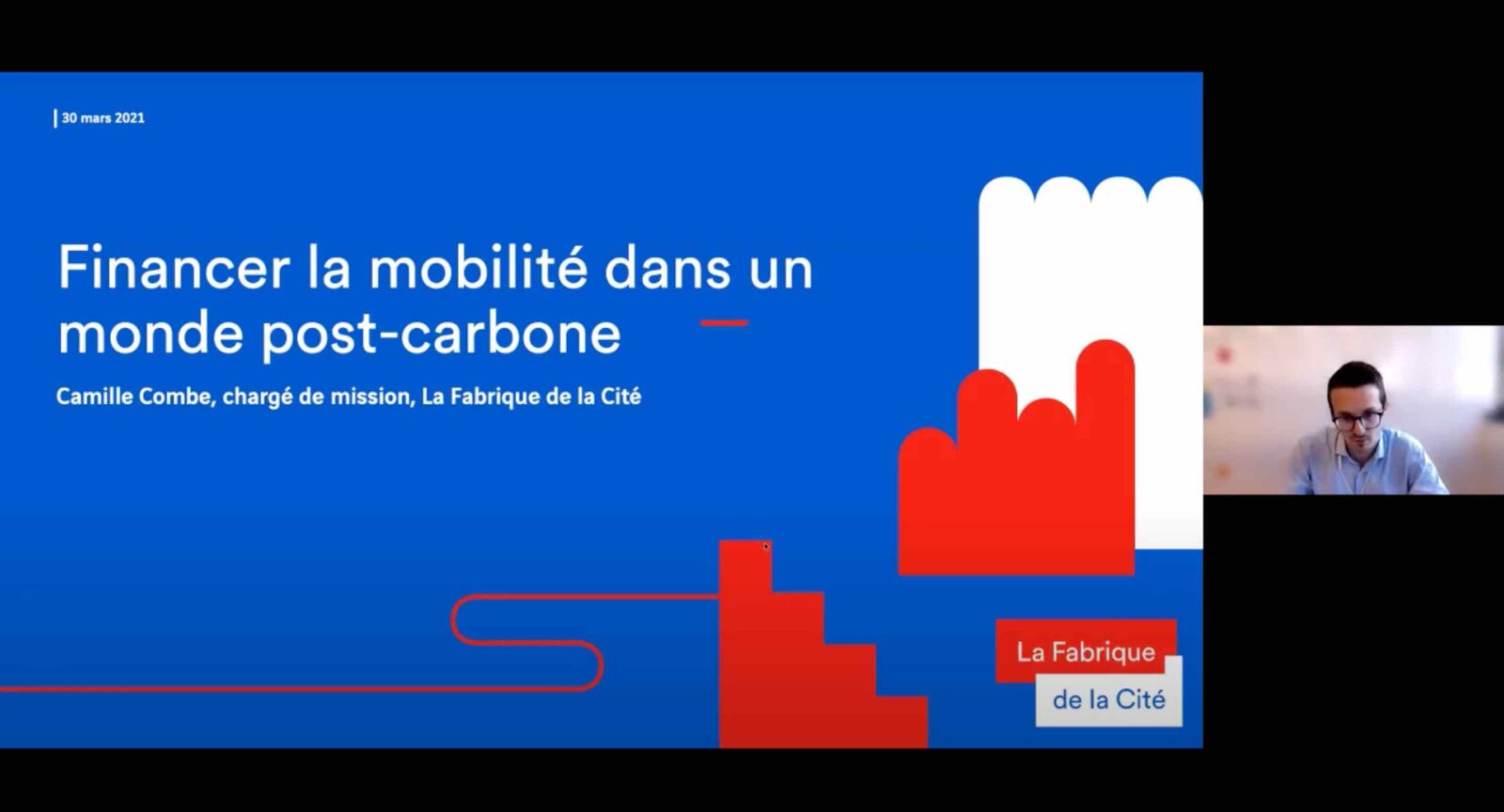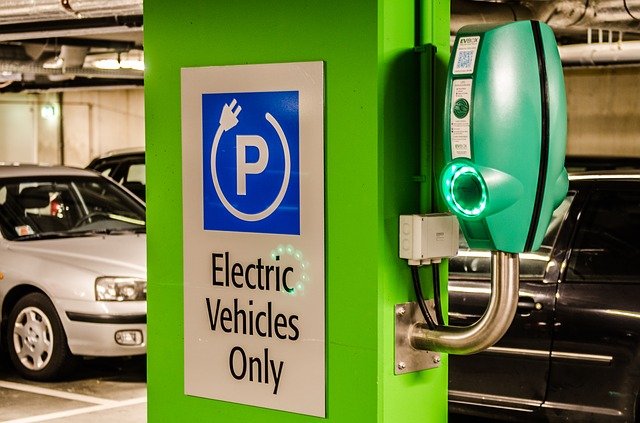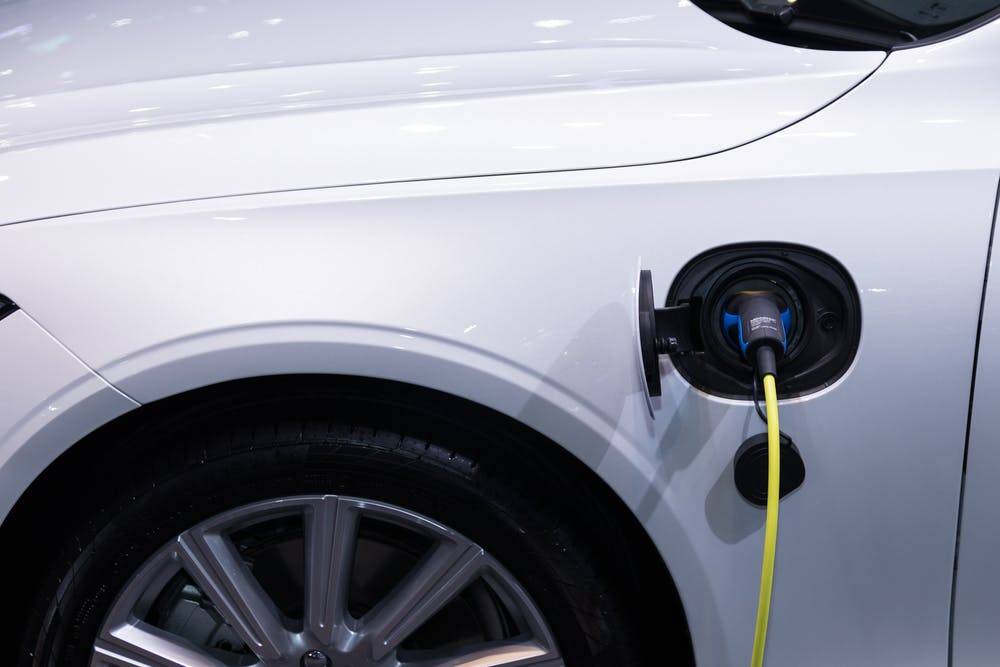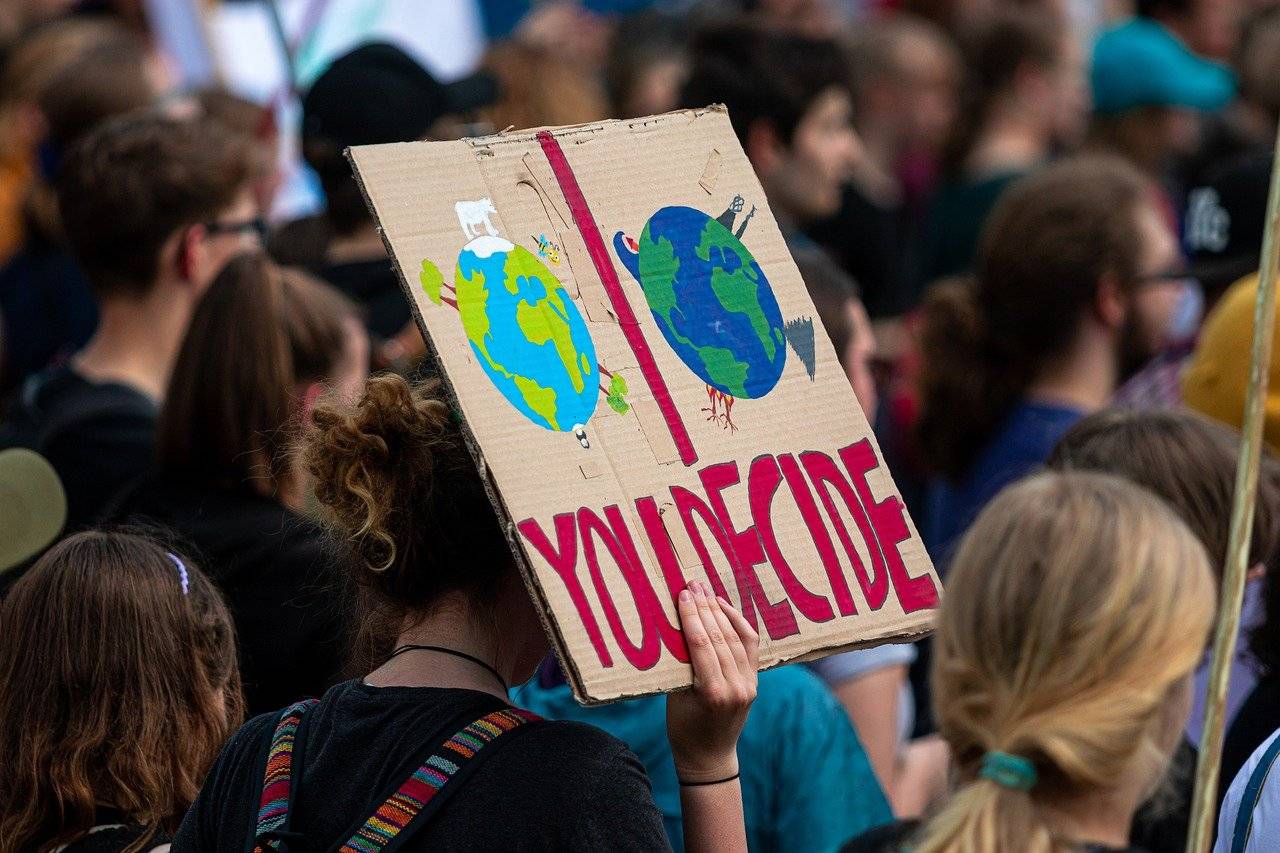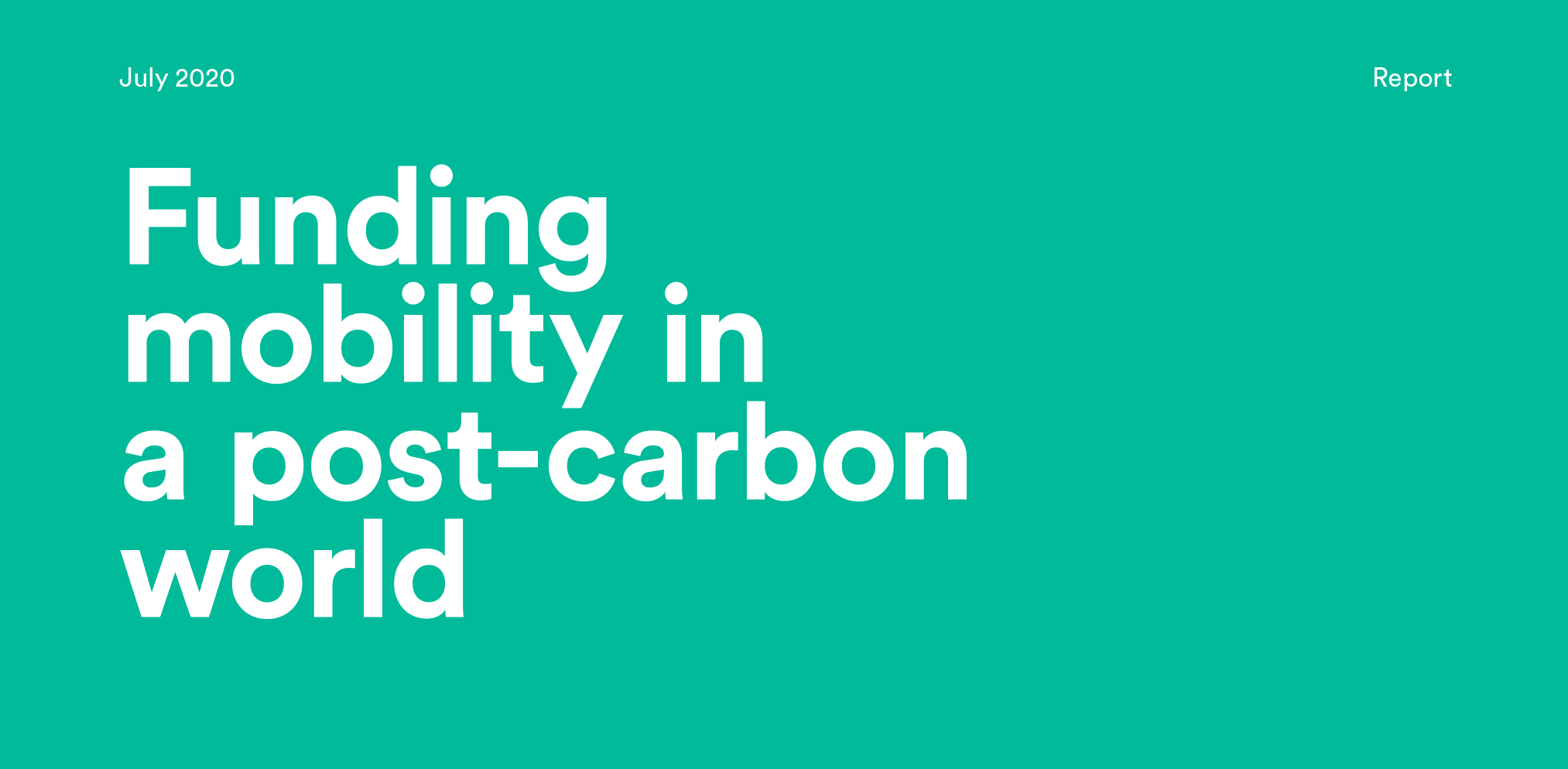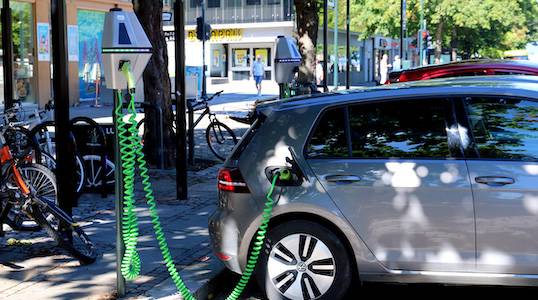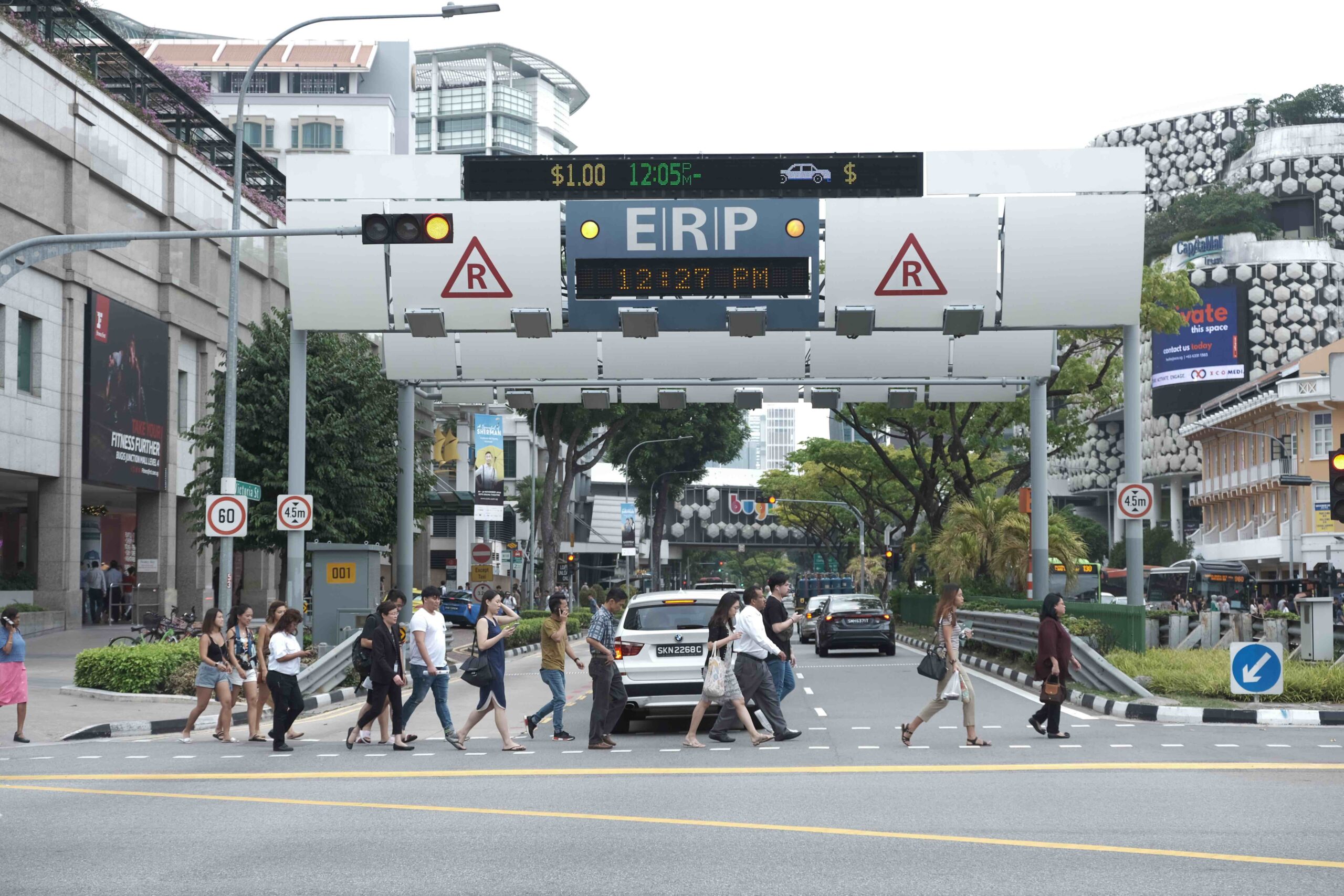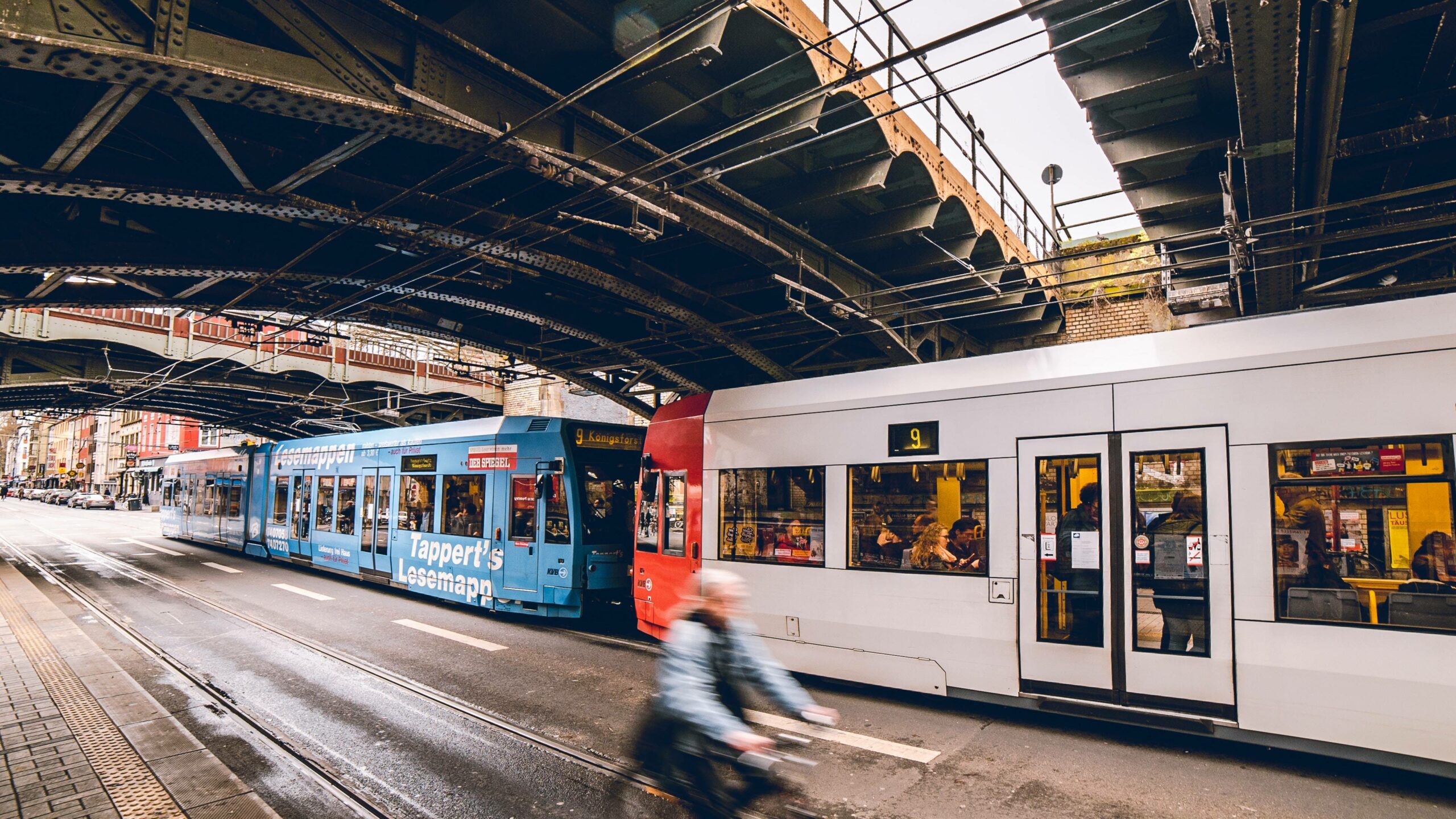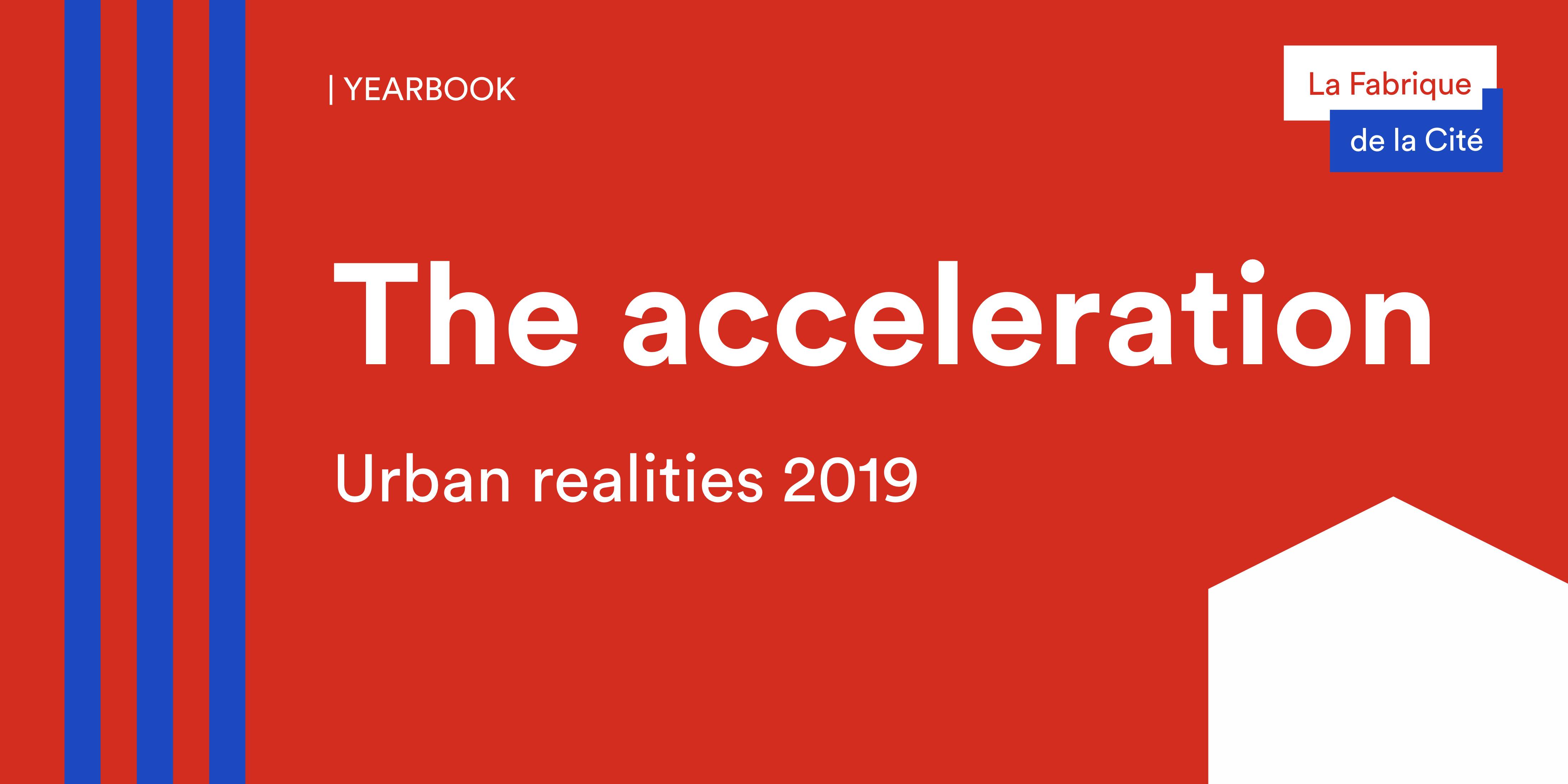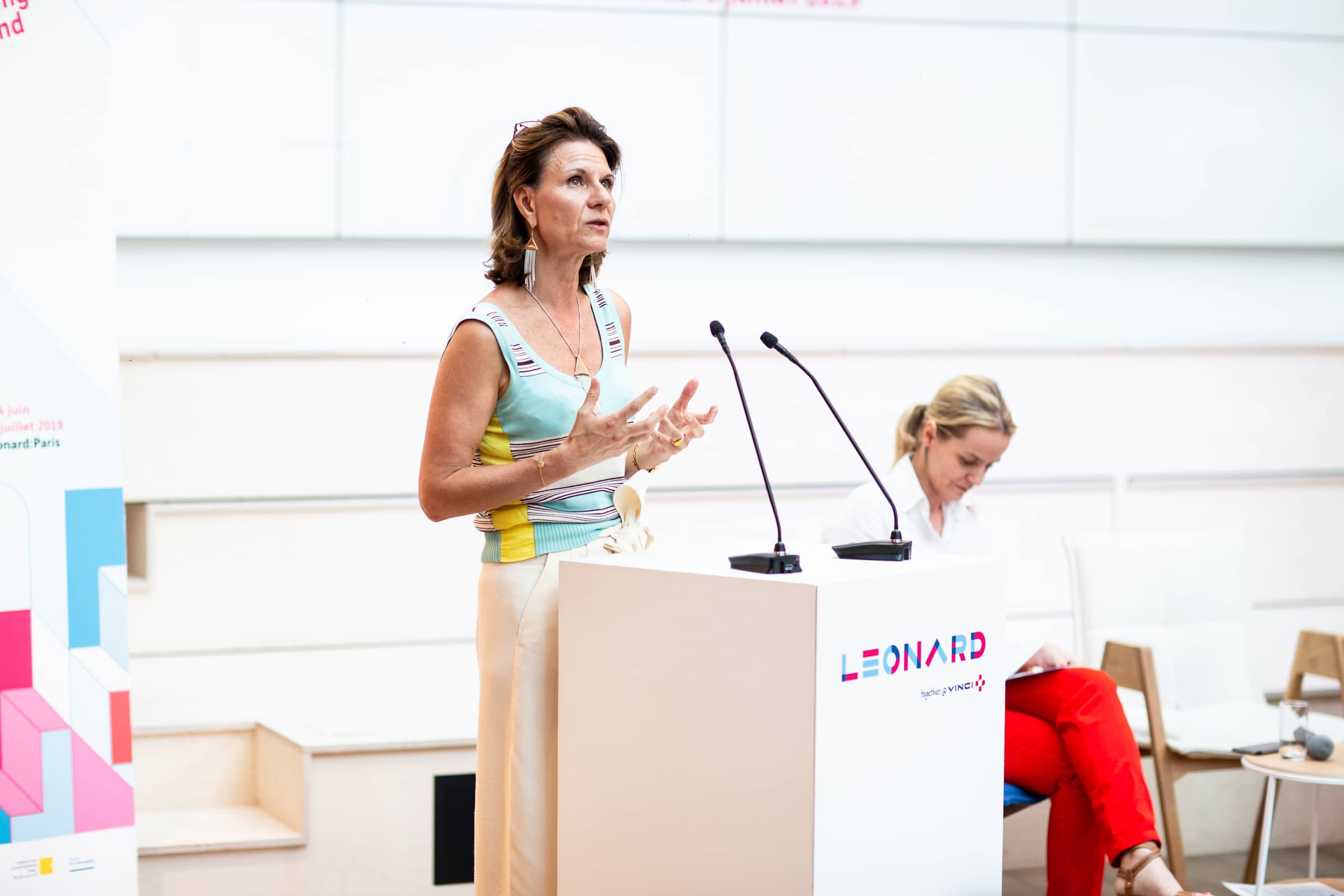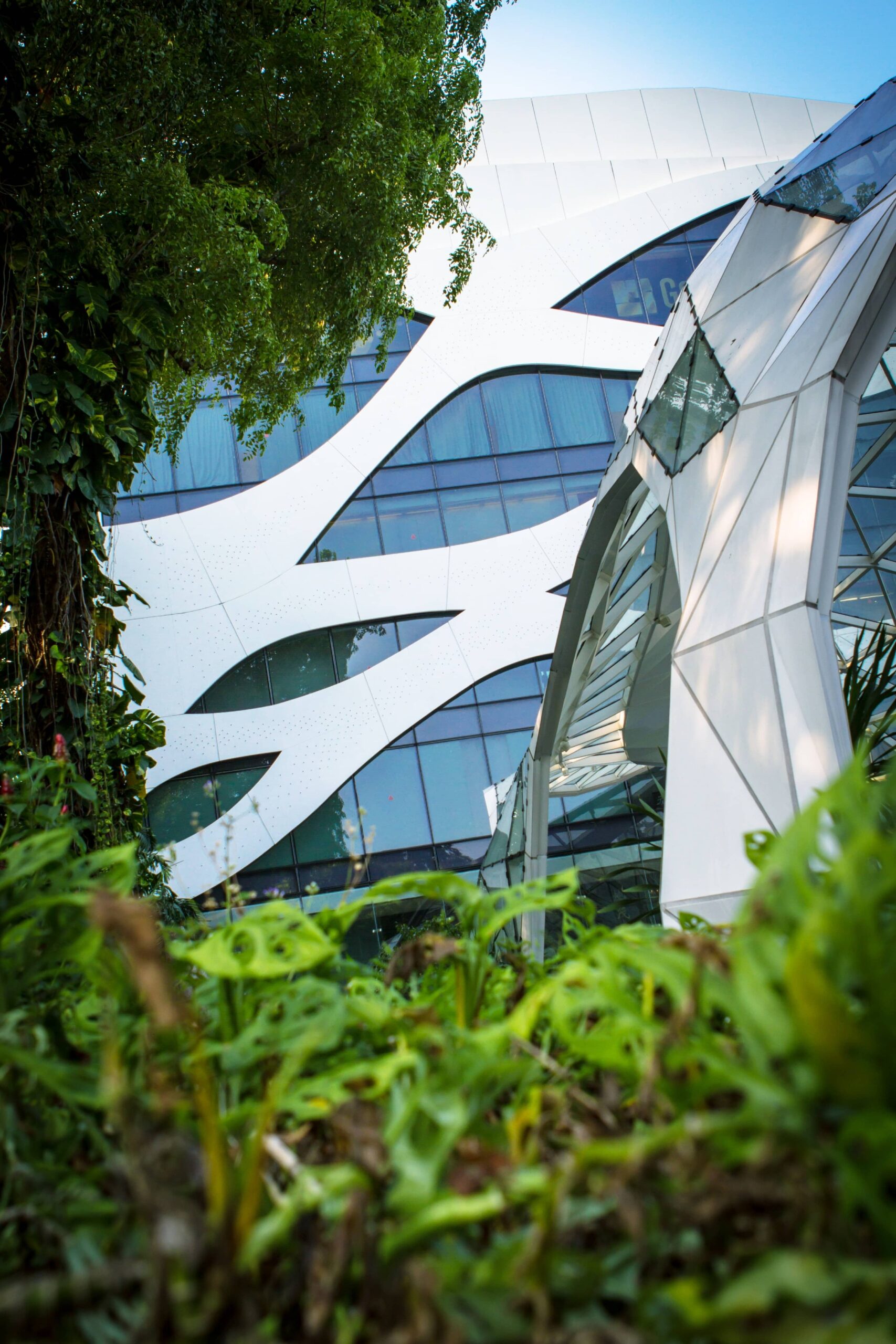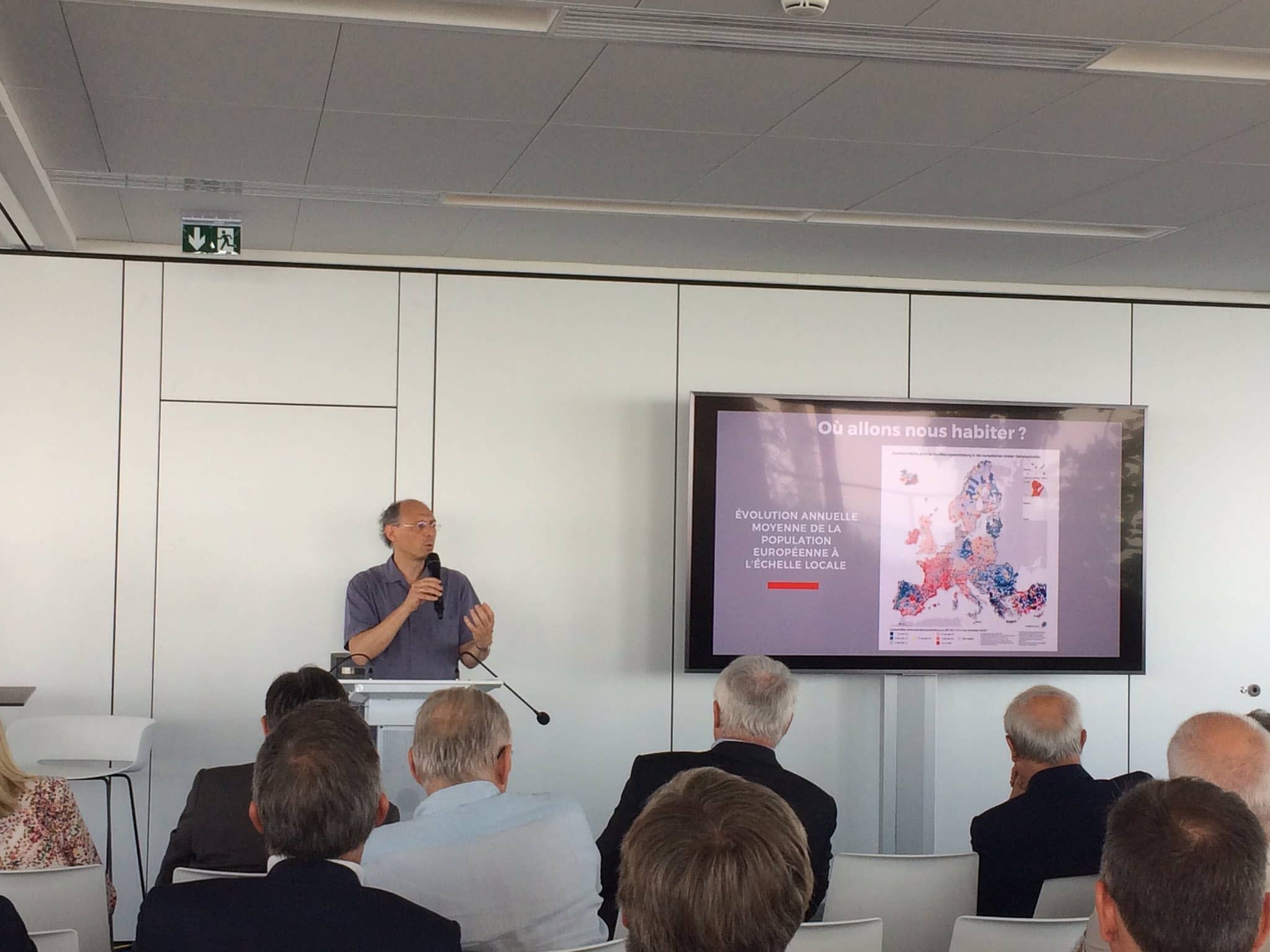

Everyday mobility: are we ready to go low-carbon?
In November, 2021, Boris Johnson announced that new homes will be legally required to have electric vehicle (EV) charging points from this year, 2022. This means approximately 145,000 charging points delivered each year with new homes, nationwide. And with an increase in nearly 70% per year, the electric vehicle sales are booming in the country. In Northern Europe too, the electric vehicule market is thriving at a rate of 66% per year.
But are we all ready to go electric? Us, our homes, our offices, our roads? And can we simply abandon our car?
A recent survey conducted in France by La Fabrique de la Cité shows that the car mode share is still very high: 75% of the trips are being made by car. But, at the same time, 91% of French people wish to reduce their transport impact in the name of global warming.
There is indeed a growing environmental conscience, and the petrol-powered car is living its last length. However, there is a blind spot in forward-looking thinking on low-carbon strategies for the transportation sector: inequalities. The gap is growing between city centres, which are less dependent on car and better equipped with other modes, and peri-urban and rural areas – much more car-dependent. Reducing the costs of everyday mobility as well as its environmental impact seems to be a more accessible objective for residents of urban centres than for peri-urban or rural areas.
A first way to approach the subject is to identify social and territorial inequalities in carbon emissions related to transportation. Our survey shows that although the French are aware of the issues, inequalities persist in taking action to reduce carbon emissions. In essence, the low-carbon transition in mobility presents a significant risk of reinforcing preexisting social and territorial inequalities, which raises the question of the role of the State in facilitating the transition in a fair manner. As a reminder, 73% of the car-dependent population finds it impossible to shift towards another mode of transport.
As this tool shows, the issue of mobility in a low-carbon world will not be solved by technology alone; solutions will be complex and will require the bridging of gaps over the social, territorial and economic divides. This also calls for a redefinition of how States perceive the notion of mobility. And at a time when transport and travel are becoming more prominent in the public debate, mobility seems to only mean its very opposite: congestion, wasted time and immobility.
It is now urgent to consider the matter as a vector of solution rather than the symptom of an urbanity in distress.
These other publications may also be of interest to you:

Oslo : reimagining the City for a Carbon-Free Future

Lisbon beyond the Tagus
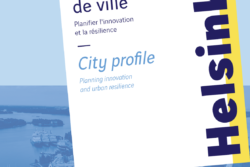
Helsinki : Planning innovation and urban resilience
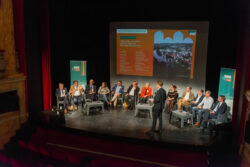
Back from Cahors

A warm tomorrow

Rebalancing

Size, Network and People

Sending out an SOS

Behind the words: telecommuting

Behind the words: urban congestion
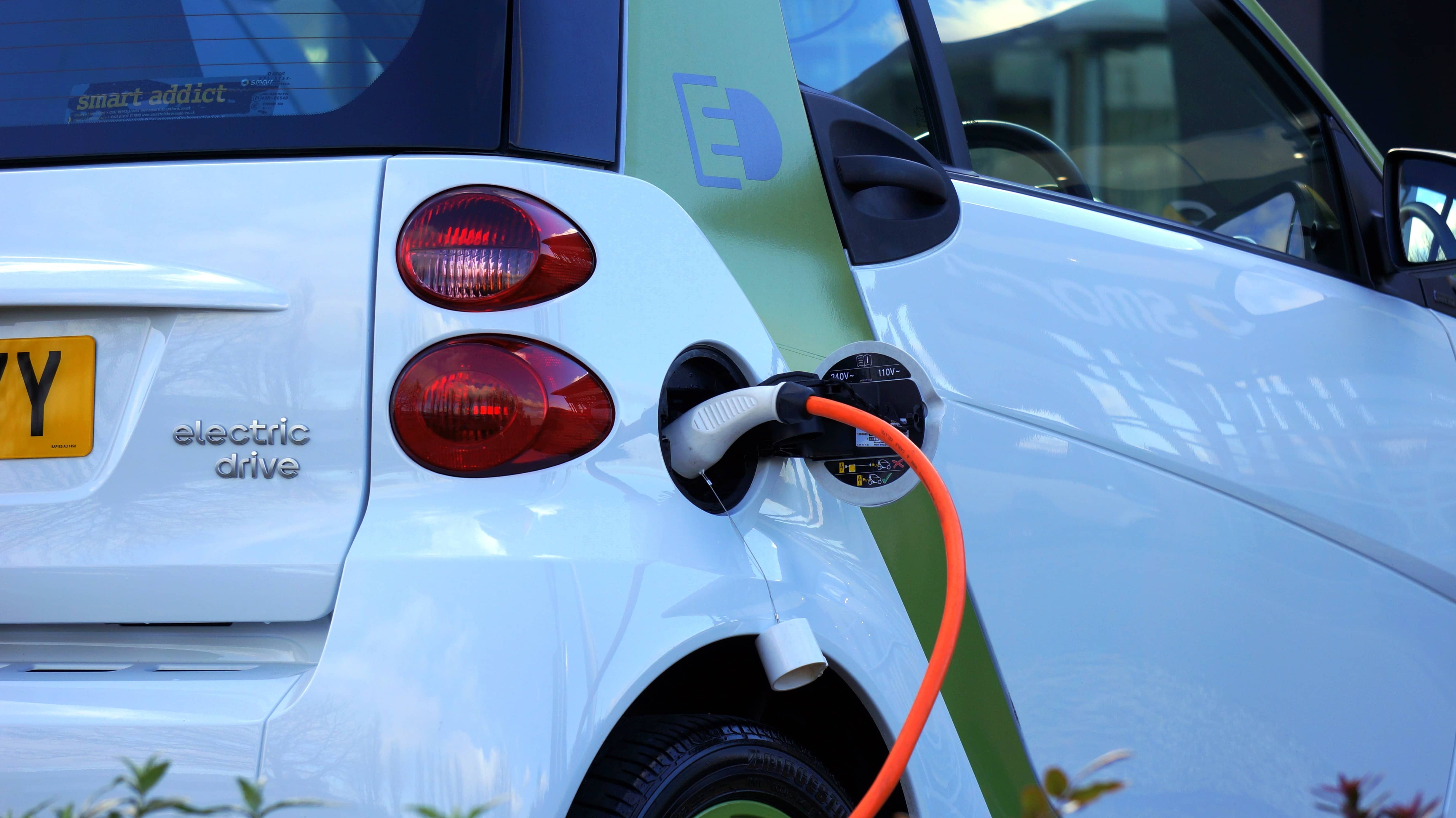
The political and technological challenges of future mobilities

Nature in the city
La Fabrique de la Cité
La Fabrique de la Cité is a think tank dedicated to urban foresight, created by the VINCI group, its sponsor, in 2010. La Fabrique de la Cité acts as a forum where urban stakeholders, whether French or international, collaborate to bring forth new ways of building and rebuilding cities.


















